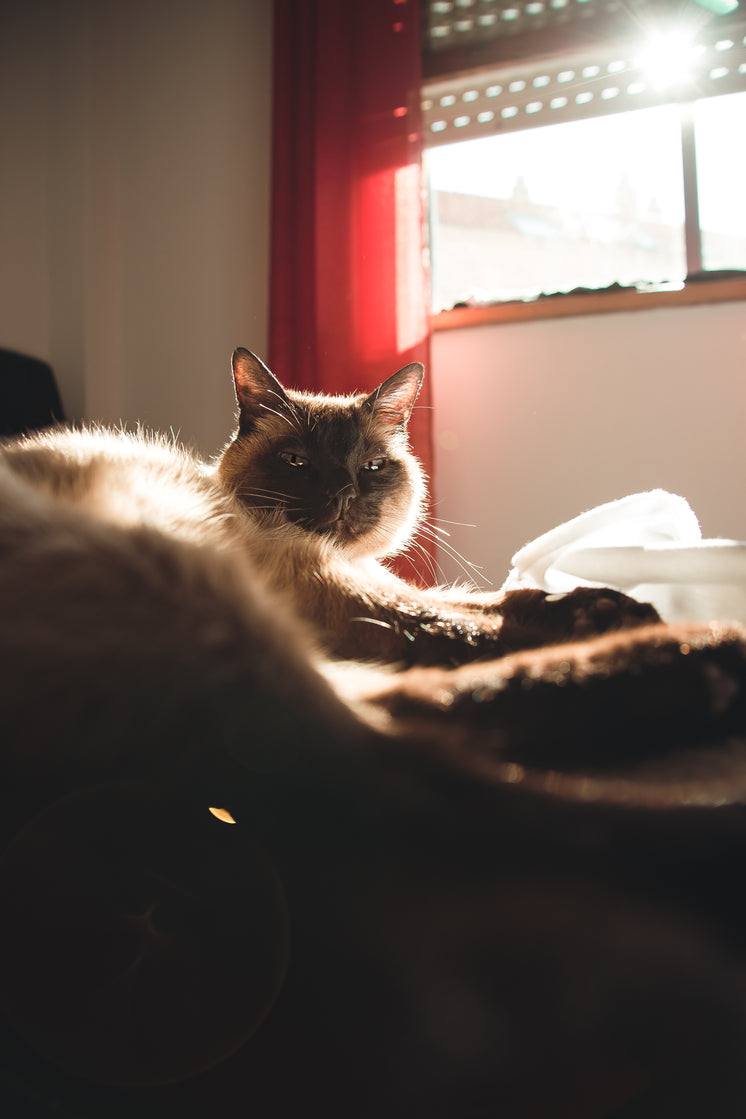
Feline owners are no complete strangers to the everyday chore of digging their furry buddy's litter box. It's a regular task that's typically overlooked, yet vital for preserving a tidy and healthy environment for both cats and their human buddies. Nevertheless, what many family pet owners might not recognize is that there are surprise health risks related to the litter box that can pose risks to both human beings and cats alike. From breathing concerns to parasitic infections, the litter box can harbor a variety of risks that need careful attention and management.
One of the most typical health threats associated with the litter box is breathing concerns. Cat litter, especially clay-based varieties, can include great dust particles that become airborne when disrupted throughout scooping or when cats dig in the litter. These dust particles can be inhaled by both cats and people, causing breathing irritation and exacerbating conditions such as asthma or allergies. In many cases, extended direct exposure to litter dust can even cause more severe respiratory problems in both felines and their owners.
To lessen breathing risks, it's important to select low-dust or dust-free litter choices and to scoop the litter box in a well-ventilated location. Using a dust mask while cleaning up the litter box can likewise assist reduce exposure to airborne particles, particularly for individuals with respiratory sensitivities.
Another considerable health threat associated with the litter box is the capacity for parasitic infections, especially from Toxoplasma gondii, a typical parasite discovered in feline feces. While most healthy individuals may not experience symptoms if contaminated, pregnant women and people with weakened body immune systems are at greater threat of establishing extreme issues, consisting of birth flaws and neurological conditions.
To lessen the threat of parasitic infections, pregnant ladies must avoid cleaning the litter box altogether and delegate this task to another family member. In addition, all people must practice great hygiene practices, consisting of cleaning hands thoroughly after handling the litter box or coming into contact with cat feces, to lower the threat of transmission.
Numerous industrial cat litters consist Self Cleaning Litter Boxes of chemicals and ingredients that can position health risks to both cats and human beings. For instance, some aromatic litters may consist of scents or vital oils that can irritate sensitive breathing systems or set off allergies. Additionally, clumping litters typically include sodium bentonite, a clay material that can broaden when ingested, causing intestinal obstructions if taken in by cats.
To minimize chemical direct exposure, select unscented or naturally-scented litters made from biodegradable Modern Litter Boxes products such as paper, wood, or plant-based alternatives. These eco-friendly alternatives are not only more secure for your feline's health but likewise better for the environment.
The litter box environment provides a perfect breeding ground for germs, including possibly hazardous pathogens such as E. coli and Salmonella. These bacteria can infect the litter box and surrounding areas, increasing the threat of infection for both cats and humans. Felines can contract bacterial infections through direct contact with contaminated litter or by consuming fecal matter throughout grooming, while people can end up being infected through contact with infected surfaces or poorly washed hands.
To lower the danger of bacterial contamination, it's necessary to clean up the litter box regularly utilizing hot water and moderate detergent, along with to decontaminate the surrounding area to avoid the spread of bacteria. In addition, practicing good hand health, including washing hands completely after handling the litter box or entering into contact with cat feces, can assist lessen the threat of bacterial transmission.
While the litter box may appear like a mundane aspect of feline ownership, it's vital to acknowledge the possible health dangers associated with this relatively harmless fixture. From respiratory concerns to parasitic infections and bacterial contamination, the litter box can harbor a variety of dangers that need careful attention and management. By taking proactive steps to decrease exposure to these dangers, feline owners can develop a safer and healthier environment cat litter box enclosure for both their feline buddies and themselves.